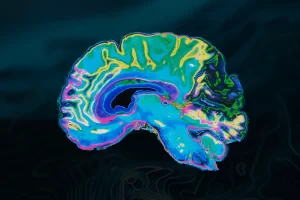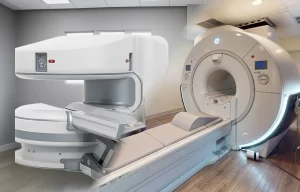We discuss a study published in Neurology that sheds light on the long-term effects of concussions on athletes. Canadian researchers, led by Nathan Churchill from St. Michael’s Hospital in Toronto, used MRI to examine the brains of concussed athletes more than a year after they were cleared to return to competition. The study revealed lingering abnormalities, such as reduced cerebral blood flow and increasing mean diffusivity, even though the athletes’ symptoms, such as headache and dizziness, had disappeared.
The study adds to previous research by Churchill and colleagues, indicating that concussions have longer-lasting and more profound adverse effects than previously thought. The 2017 study found subtle brain structure and activity changes after athletes returned to action. MR images in 2016 showed changes in brain size, cerebral blood flow, and structural white matter several months and sometimes years after the injury.
The current study compared 24 college athletes who experienced a concussion to 122 healthy controls. MRI scans were performed at various time points to assess brain physiology and connectivity. One year after returning to play, the athletes showed significantly reduced cerebral blood flow and increasing mean diffusivity, which could indicate edema in specific brain regions.
These findings suggest that concussions may not wholly heal neurologically despite dissipating symptoms. Understanding the long-term effects of concussions on brain physiology is crucial for better managing and treating concussed athletes and improving their overall recovery. Tesla MRI remains committed to utilizing advanced MRI technology to contribute to the growing knowledge of concussions and their impact on brain health.




